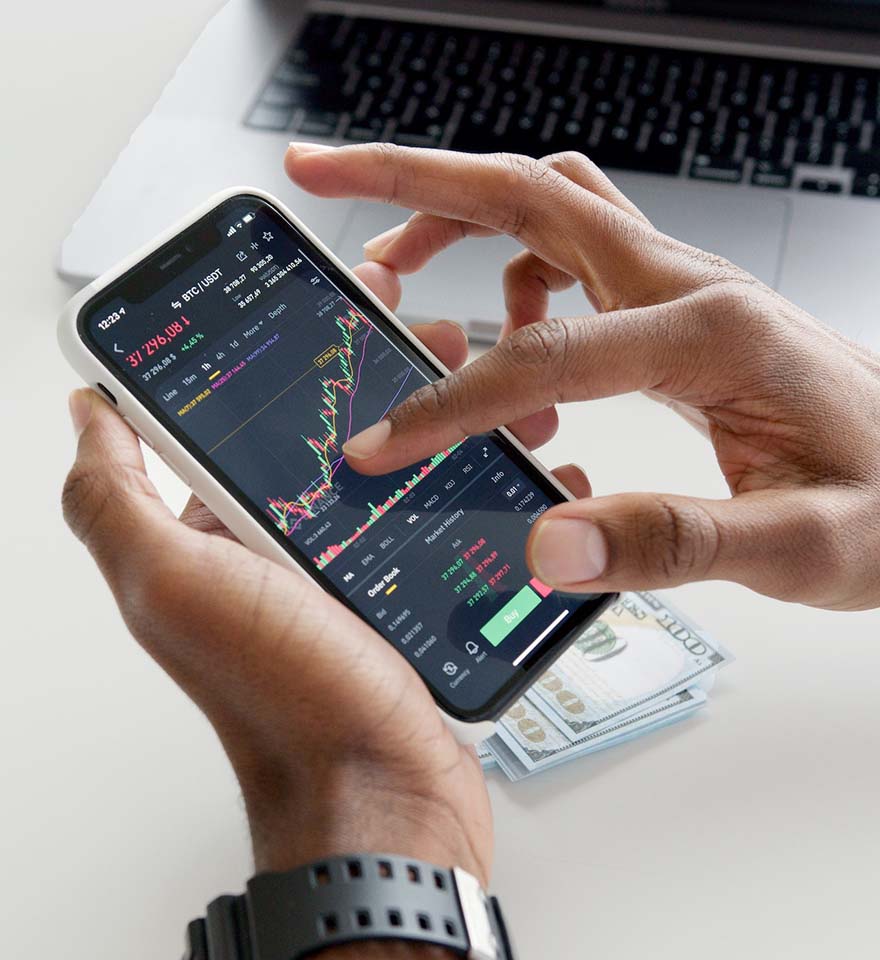If you are new to the crypto world, you may wonder what these cryptocurrencies are and how they differ from one another. As of July 2018, there were over 5,000 cryptocurrencies in existence. And with a new one popping up almost every day, it can take time to track them all. So, which ones should you know about? This blog post will go over the top 5 cryptocurrencies you should be aware of. From Bitcoin to Ethereum to Litecoin, we will give you the rundown on each so that you can make an informed decision about investing in them.
BITCOIN

Regarding cryptocurrencies, bitcoin is often the first to come to mind. And for a good reason – bitcoin is the original cryptocurrency, and it remains the most well-known and widely-used today. It was created in 2009 by an anonymous person or group known as Satoshi Nakamoto. Bitcoin is a decentralized peer-to-peer electronic cash system that does not require a trusted third party to facilitate transactions. Transactions are verified by a network of miners and recorded in a publicly distributed ledger called a blockchain.
Bitcoins can be used to purchase goods and services online or as an investment. Bitcoin is the most well-known and widely traded cryptocurrency, with a market capitalization of over $100 billion as of 2019. Ethereum, Ripple, Litecoin, and Bitcoin Cash are other significant cryptocurrencies. But what makes bitcoin so unique?
- Bitcoin is decentralized: No central authority or intermediary can control or manipulate the Bitcoin network. All transactions are processed and verified by the network nodes, and all network users have an equal say in its governance.
- Bitcoin is pseudonymous: Transactions on the Bitcoin network are not tied to real-world identities. Instead, each user has a unique “wallet” (essentially a digital bank account) identified by a public key. These public keys can be used to receive funds, but they cannot be used to determine the user.
- Bitcoin is fast and global: Transactions on the Bitcoin network are processed quickly, no matter where the parties are. And because the Bitcoin network is international, these transactions can be processed 24/7.
- Bitcoin is secure: The Bitcoin network is built on cutting-edge cryptographic technologies that make it very fast. The Bitcoin network has never been hacked, and all funds stored in Bitcoin wallets are safe.
- Bitcoin is scarce: There will only ever be 21 million Bitcoin. This scarcity gives Bitcoin its value, as demand for the currency constantly increases.
These unique features make Bitcoin a very attractive investment opportunity. So if you’re looking to get involved in the world of cryptocurrency, Bitcoin is a great.
ETHEREUM
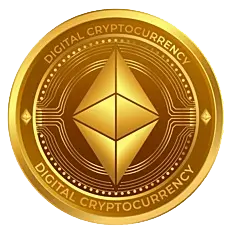
Ethereum is a decentralized platform that runs smart contracts: applications that run exactly as programmed without any possibility of fraud or third-party interference. Ethereum is unique in that it allows developers to create their cryptocurrency tokens. These tokens can be used to represent digital assets, such as company shares, or to create smart contracts that perform specific functions when certain conditions are met. Its native cryptocurrency, ether, power Ethereum’s smart contracts. Ether is used to pay transaction fees and computational services on the Ethereum network.
Ethereum has several distinctive features that make it different from other blockchain platforms.
- Ethereum is programmable. This means that developers can use Ethereum to create their decentralized applications.
- Ethereum is Turing-complete. This means that Ethereum can be used to run any program, regardless of its complexity.
- Ethereum has a built-in decentralized virtual machine that can be used to execute smart contracts.
- Ethereum has a decentralized network of nodes that maintain the blockchain.
- Ethereum is open-source, which means that anyone can contribute to its development.
What makes Ethereum truly special, however, is its Distributed Autonomous Organization (DAO). This decentralized platform allows for the creation of decentralized autonomous organizations (DAOs). Ethereum’s these distinctive features make it a powerful platform for building decentralized applications.
LITECOIN
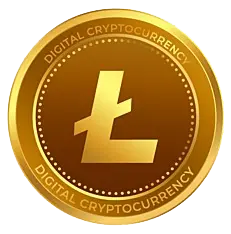
Litecoin is one of the most popular cryptocurrencies in the world. Litecoin was founded in October 2011 by former Google engineer Charles Lee. Litecoin is similar to Bitcoin in many ways, but it has a faster block generation rate and therefore offers a faster transaction confirmation time. Additionally, Litecoin uses a different mining algorithm than Bitcoin, called Scrypt. It’s often compared to Bitcoin, and while there are similarities, there are also some key differences. For one, Litecoin is faster than Bitcoin.
Transactions are confirmed faster on the Litecoin network, and blocks are generated every 2.5 minutes (compared to every 10 minutes for Bitcoin). This can be helpful if you want to make a quick purchase or transfer. Another key difference is that Litecoin has a much higher maximum number of coins that can be mined. While Bitcoin has a maximum of 21 million, Litecoin has 84 million.
What are the distinctive features of Litecoin?
Some of the distinctive features of Litecoin include the following:
- Faster transaction times
- Cheaper to use
- More secure
- Decentralized
These features make Litecoin an excellent choice for those looking for a fast, efficient, and secure way to make transactions. While Litecoin may not be as well-known as Bitcoin, it is a solid cryptocurrency with unique features that make it worth considering. If you’re looking for an alternative to Bitcoin, Litecoin is an excellent option to explore.
BITCOIN CASH
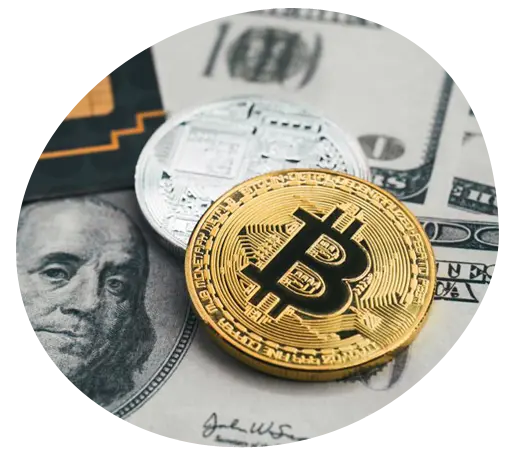
Bitcoin Cash is a cryptocurrency with a difference. It is distinguished from other digital currencies by its unique features, making it a more attractive proposition for investors and users. Bitcoin Cash is a cryptocurrency that was created in August 2017. It is a fork of the bitcoin blockchain ledger with upgraded capacity and features. Bitcoin Cash is a fork of the original Bitcoin blockchain.
It was created in August 2017 in response to the scalability issues plaguing Bitcoin. BCH features larger block sizes, allowing more transactions to be processed per second. This makes it ideal for use as a digital currency, as it can handle many more transactions than Bitcoin. Bitcoin Cash also has lower transaction fees than Bitcoin. This is because there are more BCH available, and thus each coin is worth less. As a result, businesses and individuals are more likely to accept BCH as payment.
Bitcoin Cash was created to improve upon the scalability issues that have plagued Bitcoin since its inception. The larger block size limit and different proof-of-work algorithms are intended to make the Bitcoin Cash network faster and more efficient. The benefits of Bitcoin Cash include its faster transaction processing speed and difficulty level, which is designed to be more ASIC-resistant than Bitcoin. These features make Bitcoin Cash a more attractive option for businesses and individuals who want to use cryptocurrency for everyday transactions. The risks of Bitcoin Cash include its potential for forks (chain splits) and its lack of adoption by significant exchanges and businesses. Bitcoin Cash is also not backward compatible with the Bitcoin blockchain, meaning that existing Bitcoin holders will.
Bitcoin Cash is different from Bitcoin in several key ways:
- Bitcoin Cash has a larger block size limit of 8Mb, compared to Bitcoin’s one Mb limit. This allows for more transactions to be processed per block and, thus, a faster transaction processing speed.
- Bitcoin Cash uses a different proof-of-work algorithm than Bitcoin, called SIGHASH_FORK_ID. This is intended to make mining more difficult on specialized devices known as ASICs, explicitly designed for mining Bitcoin.
- Bitcoin Cash supports replay protection, meaning that transactions on the Bitcoin Cash blockchain can’t be replayed on the Bitcoin blockchain. This is a safety measure to prevent double-spending of coins.
RIPPLE
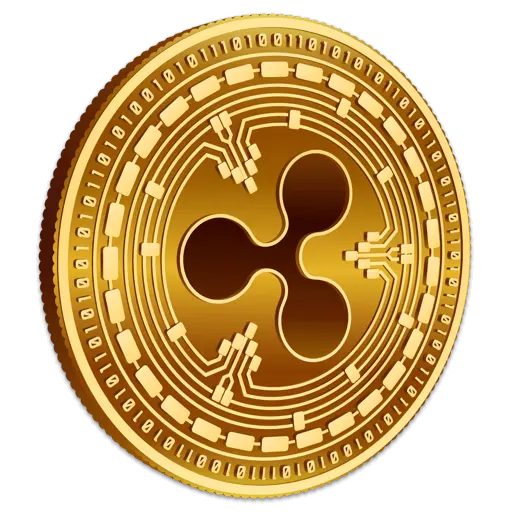
Ripple is a cryptocurrency that has been gaining popularity in recent years. Unlike most cryptocurrencies, Ripple is not based on a blockchain but uses a consensus ledger. This means transactions are verified by a network of nodes rather than miners. Ripple also has a unique structure in that any entity does not control it. Instead, it is controlled by a network of independent servers. This decentralization makes Ripple more resistant to censorship and manipulation than other cryptocurrencies.
Ripple has several distinct advantages that make it a promising investment. First, its consensus ledger is much faster and more efficient than a blockchain. This makes it suitable for use in real-world applications, such as banking.
Ripple has several distinct advantages that make it a promising investment.
- Its consensus ledger is much faster and more efficient than a blockchain. This makes it suitable for use in real-world applications, such as banking.
- Any one entity does not control Ripple. This decentralization makes it more resistant to censorship and manipulation.
- Ripple has a strong community of developers and investors. This community is committed to growing the Ripple network and making it successful.
- Second, Ripple is designed to enable cheaper, faster global transactions than other cryptocurrencies.
- The Ripple protocol is supported by a network of trusted validators, which helps ensure the network’s security.
CONCLUSION
Cryptocurrencies are digital asset that uses cryptography to secure transactions and control the creation of new units. Cryptocurrencies are decentralized and not subject to government or financial institution control. Bitcoin, the first and most well-known cryptocurrency, was created in 2009. Cryptocurrencies are often traded on decentralized exchanges and can also be used to purchase goods and services. There are over 5,000 cryptocurrencies, but the top 5 you should know about are Bitcoin, Ethereum, Ripple, Bitcoin Cash, and Litecoin. These currencies have the most extensive market caps and are the most widely used. So why are you waiting , experience all this through our Crypto currency MLM software.
MLM Business
